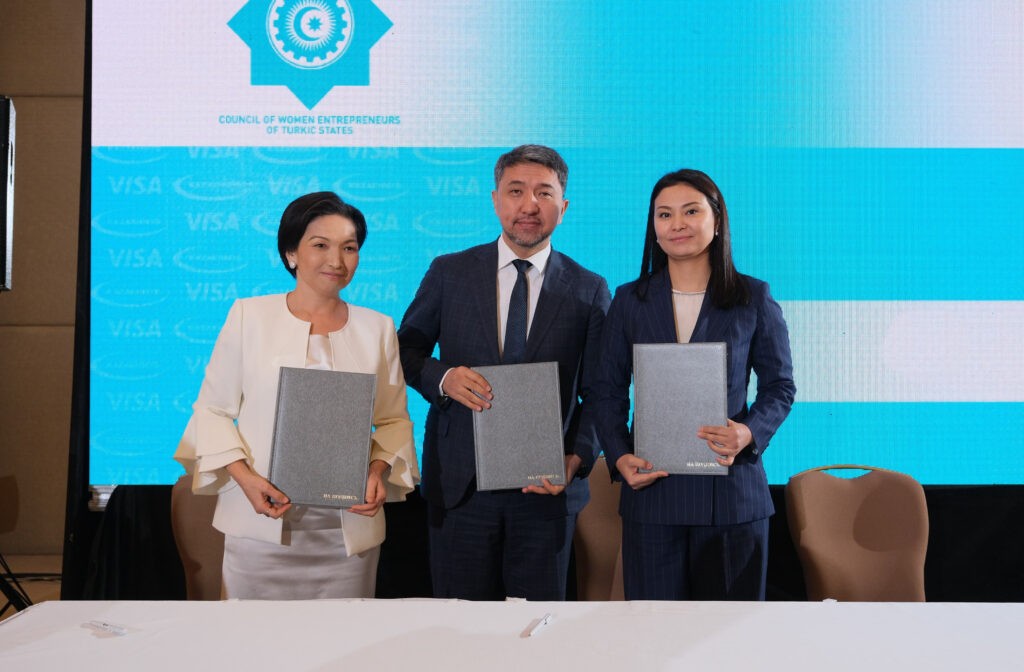BISHKEK (TCA) — Kyrgyzstan has no choice but to pay off its debts to China. According to the Kyrgyz Ministry of Finance, the country owes $1.7 billion to the Export-Import Bank of China, which is 41.3% of Kyrgyzstan’s foreign debt.
China provides preferential loans to Kyrgyzstan, which brought much benefit to the country’s socio-economic development, Chinese Ambassador to Kyrgyzstan Xiao Qinghua said recently at a roundtable in Bishkek.
There is a scheme for repaying the debt, and everything should be done according to agreements. “This is an international standard practice,” the Ambassador added.
Situation around TBEA and Huawei
Commissions to investigate the accident at the Bishkek thermal power plant (TPP) continue to work in Kyrgyzstan. Despite an expensive modernization, as the result of the accident occurred at the TPP on January 26, most of the capital city residents remained without heating when the air temperature outside was minus 20 degrees Celsius and below, including hospitals and schools.
Local media and experts attacked the Chinese company TBEA (Tebian Electric Apparatus), which modernized the TPP. On July 16, 2013, a contract to implement the Modernization of the Bishkek TPP project worth $386 million was signed between Kyrgyzstan’s Electric Stations JSC and TBEA. The modernization began in 2015 and was completed in August 2017.
Under the loan agreement between the Kyrgyz Government and the Export-Import Bank of China, the Kyrgyz Finance Ministry was granted a $386 million soft loan at a 2% interest rate per annum and a maturity of 20 years. The loan was issued without collateral, under the guarantee of the Kyrgyz Government.
TBEA is a well-known energy company and has a good reputation all over the world, the Chinese Ambassador said. The company is implementing projects in many countries, and its work has always been highly appreciated in Western countries, he added.
In Bishkek, the company has done a good job, and the current investigation is an internal affair of Kyrgyzstan. “We do not interfere in the internal affairs of any state,” the Ambassador said.
Another topic to discuss was the news that the Kyrgyz government has withdrawn from the Smart City project agreement to be implemented by the Chinese company Huawei. Commenting on the situation, the Ambassador stressed that Huawei is a very strong company with even a higher reputation than that of TBEA. Smart City is a commercial project, and if one of the parties does not like something, then it has the right to withdraw from it. In international practice, this often happens, he explained.
Smart City is a good idea, and it is of great importance for the sustainable development of Kyrgyzstan. This know-how project will be successfully implemented regardless of who becomes its investor, Ambassador Xiao Qinghua believes.
This situation will not affect the relations between China and Kyrgyzstan. Xiao said China highly values good-neighborly relations with Kyrgyzstan and is committed to strengthening relations in all areas of cooperation. “We are ready to develop bilateral cooperation in all areas of the economy, particularly in the fields of agriculture, transport and infrastructure.”
“China is ready to discuss proposals for investment, implementation of joint major projects. China is interested in bringing our cooperation to a higher, new level. We are not going to stop on what has been achieved, we intend to boost our cooperation,” the Ambassador said.
Investment
According to Xiao Qinghua, Chinese direct investment to Kyrgyzstan was $2.4 billion from 1995 to 2017.
In 2017, trade between China and Kyrgyzstan amounted to $1.59 billion, 3.2% growth on-year. Exports from Kyrgyzstan to China were $97.5 million (increased by 21.7%) and imports from China amounted to $1.5 billion (increased by 2.2%).
The main areas of cooperation are transport and energy, as well as industry, tourism, agriculture, and irrigation systems.
The Chinese companies that operate in Kyrgyzstan provide 10,000 jobs for local residents, said the Ambassador. Besides, Chinese companies pay taxes and create commercial funds for local development.
One Belt, One Road
Almost five years have passed since the proclamation of the One Belt, One Road (OBOR) Initiative. China has invested about $30 billion to the countries participating in the project, and trade within the OBOR countries amounted to $1 trillion and increased by 26.8%. Nobody doubts that the project benefits all countries along the Road and cooperation is characterized by equality and common benefit.
According to the Ambassador, this project is a platform for international cooperation and it will benefit the Belt’s countries. The basic principles of the project are joint construction and joint use. “We respect the development strategies of other countries and their interests. China does not proceed from its own interests,” he added.
China’s Belt and Road Initiative aims to connect Asia, Europe, the Middle East and Africa with a vast logistics and transport network, using roads, ports, railway tracks, pipelines, airports, transnational electric grids and fiber optic lines.
This initiative already stimulates international cooperation and will continue to provide political coordination, interconnectedness, and continuous trade, Xiao Qinghua said.
Infrastructure projects
In April, Kyrgyzstan, China, and Uzbekistan will discuss in detail the construction of a railway connecting these countries. Kyrgyzstan can become a transit state in this project, said the Chinese Ambassador.
Together with Kyrgyzstan, China carries out major infrastructure projects. The construction of the Datka-Kemin substation helps Kyrgyzstan save energy transit expenses of about $35 million. Currently, with the support of China, the construction of the North-South motor road is underway, as well as the rehabilitation of the Bishkek city road network. The China-Kyrgyzstan-Uzbekistan motor transport corridor has been operating since February 2018.
Construction of the Kyrgyzstan-China gas pipeline, which is scheduled to start at the end of 2019, will create jobs for the people of Kyrgyzstan, said Ambassador Xiao Qinghua. The project provides for the construction of the fourth line of the main gas pipeline for the transportation of Turkmen gas through Uzbekistan, Tajikistan and Kyrgyzstan to China. Its length in Kyrgyzstan will be 215 kilometers. The $1.2 billion project will be implemented within three years.
According to the Ambassador, the construction of the gas pipeline has a strategic and long-term significance, and Kyrgyzstan as a transit country will receive a lot of profit from it.









